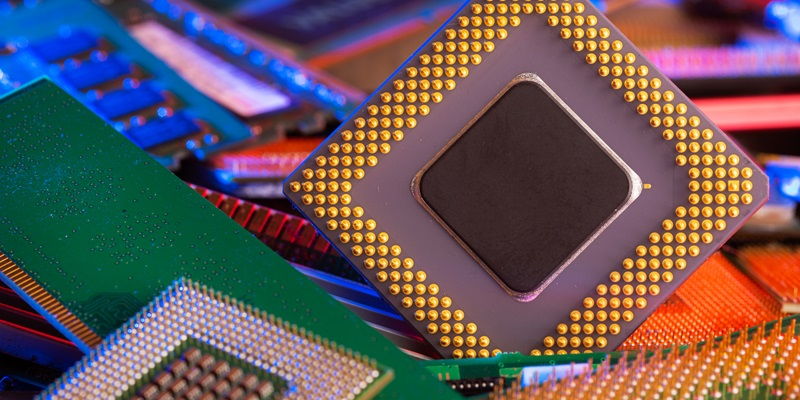PC21.FR, a French retailer, has potentially set a new bar in processor speeds with the Intel Core i9-14900KS, boasting an astounding 6.2 GHz clock speed. This represents a significant leap forward from the Core i9-13900KS and the Core i9-14900K. Such speeds herald an era where tasks requiring multiple threads and high-performance computing can be achieved with remarkable efficiency.
Despite this leap in performance, Intel appears to have maintained a competitive price point. The Core i9-14900KS is poised to hit the market in March 2024 at around €768, taxes included, for the boxed version. This pricing strategy is similar to that of the previous model, suggesting that Intel is strategically offering increased performance without a corresponding increase in cost. The Core i9-14900KS is thus set to be a beacon of Intel’s capability to engineer high-speed chips while also reflecting a savvy approach to market pricing, offering users cutting-edge power at a reasonable price.
Core Configuration and Cache
Intel’s progression from the i9-13900KS to the i9-14900KS brings forward a consistency in core and thread count. The 24-core and 32-thread configuration is sustained, with an 8 P-Core and 16 E-Core layout, aligning with the high-performance paradigm set by its predecessor. The Core i9-14900KS continues to boast a substantial L3 cache of 36 MB and an L2 cache of 32 MB, ensuring that the processor is well-equipped to handle extensive data sets and complex computing tasks without a hitch.
Stepping up from a base frequency of 3.2 GHz to a boost frequency of 6.2 GHz represents a significant leap for Intel’s special edition CPU lineage. This leap forward maintains the trend of crafting processors that speak directly to the needs of overclockers and performance enthusiasts—customers who prize components that not only push the boundaries of what’s commercially available but also offer optimally binned parts that entail the best possible performance right out of the box.
Power and Practicality
Peak Performance and Energy Consumption
The Core i9-14900KS is a powerhouse CPU that demands careful consideration from potential buyers, especially regarding cooling. With speeds reaching 6.2 GHz, thermal management is a top priority, given its high energy demands. Users must equip themselves with advanced cooling solutions to prevent thermal throttling or the risk of overheating, which can cause damage over time.
The impressive clock speeds come with high thermal design power (TDP) needs that challenge conventional cooling systems. Anyone looking to harness the performance of the Core i9-14900KS must invest in robust cooling to maintain system stability and longevity. This reinforces the idea that as processors become more potent, the surrounding tech, particularly cooling systems, must evolve to match. Choosing the Core i9-14900KS means committing to the necessary infrastructure to effectively support its raw power.
Availability and Evolution
Enthusiasts should be aware that the Core i9-14900KS, much like other special edition CPUs from Intel, will likely see a limited release. Intel has a history of creating these high-performance, short-run chips to cater to a specific segment of the market—those looking for the absolute best in terms of performance. As such, those wishing to own a piece of this cutting-edge technology should be on the lookout for its release and be ready to acquire it before it becomes a rare find in the tech wilderness.
The Core i9-14900KS is not just a product; it’s a statement. It’s a continuation of Intel’s tradition of periodically releasing a CPU that serves as the pinnacle of its lineup—a tradition that dates back to processors like the Core i7-8086K. These special editions are a nod to the enthusiasts who continue to push the limits of what is possible, a celebration of the symbiotic relationship between processor manufacturers and the unending quest for computing excellence.

